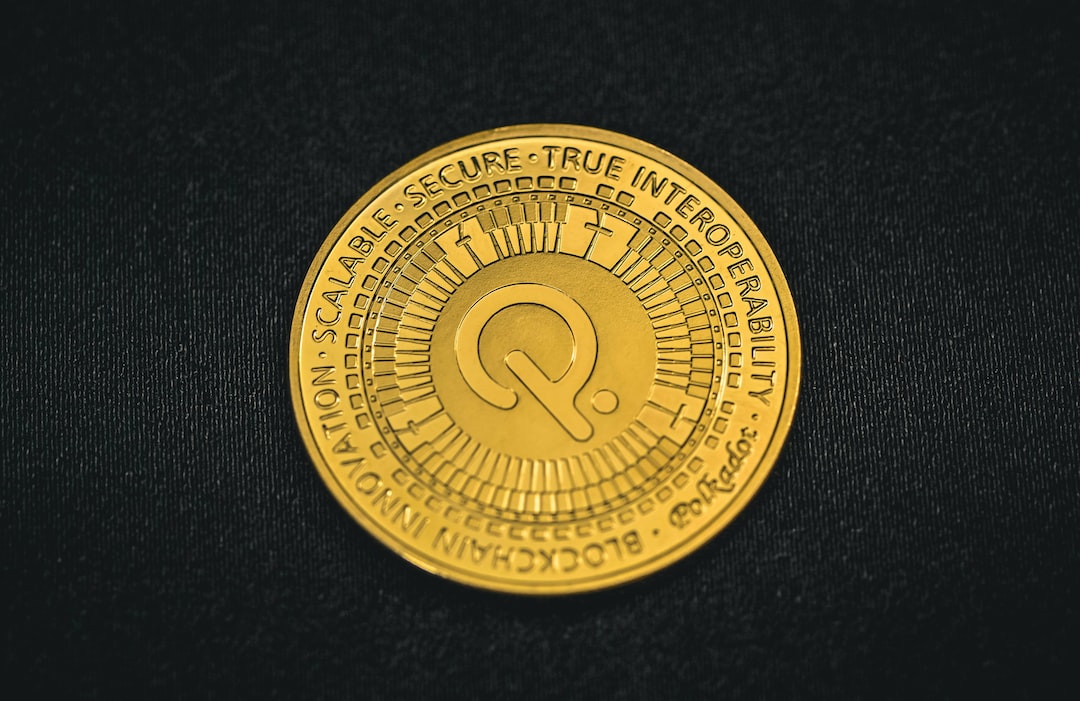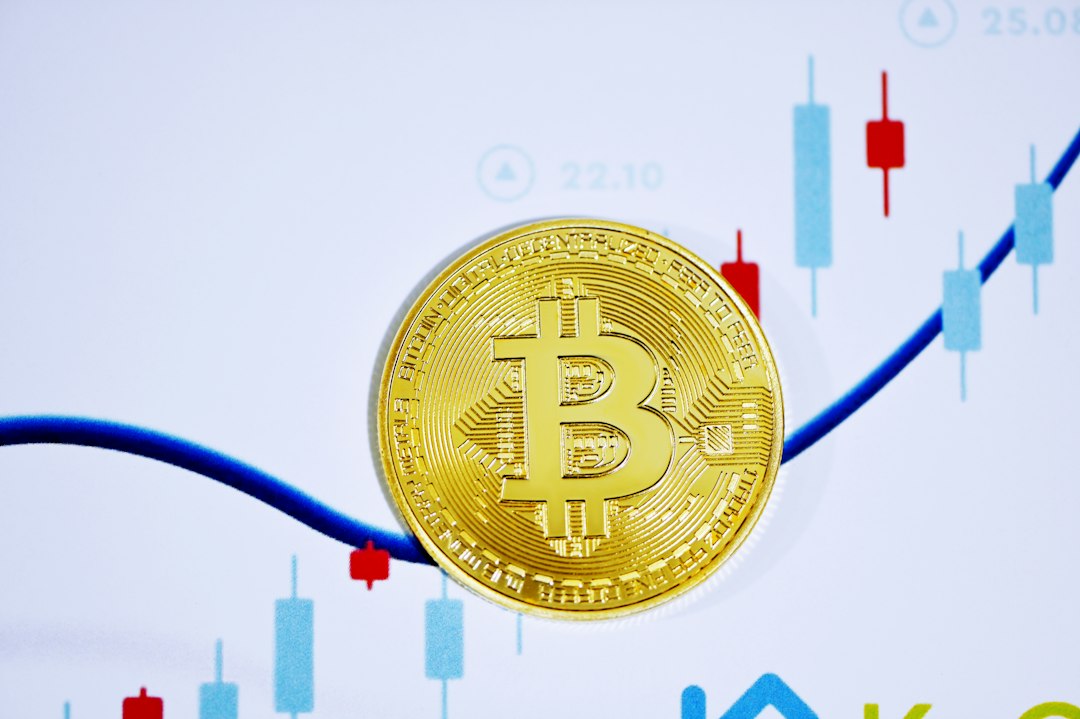Understanding and Regulating the DeFi Ecosystem: ESMA’s Approach
The European Securities and Markets Authority (ESMA) has recently published two articles addressing the Decentralized Finance (DeFi) ecosystem. The aim is to gain a better understanding of this market and develop appropriate regulations to manage the risks involved.
ESMA’s Concerns about Investor Protection
The EU’s financial markets and securities regulator, ESMA, has identified serious risks to investor protection in the DeFi sector. They highlight the highly speculative nature of DeFi and the significant operational and security vulnerabilities it presents. However, ESMA also clarifies that these risks do not pose a threat to financial stability.
If you want to read the full article published by ESMA on DeFi developments and risks in the EU market, you can access it here.
Webinar on DeFi Issues
In addition to the articles, ESMA has announced a webinar on October 25th, where they will further discuss the findings and implications of DeFi in the EU market. If you’re interested, you can register for the webinar here until October 23rd.
Categorizing Smart Contracts in DeFi
In the second article titled “Decentralised Finance: A categorization of smart contracts,” ESMA proposes a methodology to categorize and understand the DeFi market. They classify smart contracts into five primary groups:
- Financial
- Operational
- Tokens
- Wallet
- Infrastructure
Financial Smart Contracts
Financial smart contracts are mainly used for collecting and sharing money, including activities like online lotteries and betting. They facilitate basic monetary tasks and the redistribution of funds.
Operational Smart Contracts
Operational smart contracts manage how other smart contracts work and utilize memory. Their role is to allocate resources efficiently and ensure smooth operations.
Tokens Smart Contracts
Tokens smart contracts enable the creation, tracking, and removal of digital tokens. Examples include ERC20 tokens (interchangeable digital assets) and ERC721 tokens (unique non-fungible tokens or NFTs).
Wallet Smart Contracts
Wallet smart contracts handle various functions such as fees, account balances, public access, and permission control. They enhance user experience and facilitate blockchain usage.
Infrastructure Smart Contracts
Infrastructure smart contracts form the foundation of other smart contracts and blockchain applications. They deal with data, signatures, coding, decoding, and provide essential utility services for the blockchain ecosystem.
The Evolution of Smart Contract Deployments in DeFi
ESMA has observed a significant diversity in smart contract deployments over time, indicating the growing complexity and interconnectedness of protocols in DeFi. This evolution has become a defining characteristic of the sector.
Hot Take: Balancing Regulation and Innovation in DeFi
ESMA’s focus on understanding and regulating the DeFi ecosystem reflects the need to strike a balance between investor protection and fostering innovation. While acknowledging the risks, ESMA recognizes that DeFi’s current market size poses no threat to financial stability. By categorizing smart contracts, they aim to enhance clarity and provide a framework for effective regulation. This proactive approach ensures that DeFi can continue to evolve while safeguarding investors and maintaining market integrity.





 By
By
 By
By
 By
By

 By
By